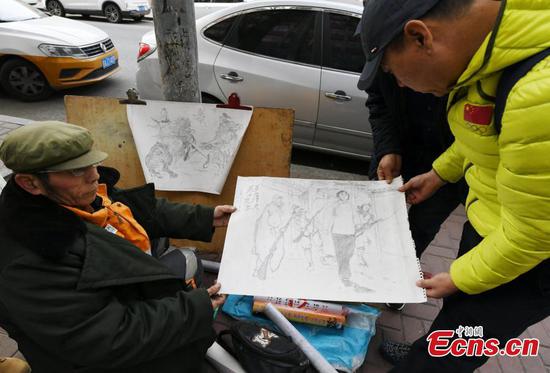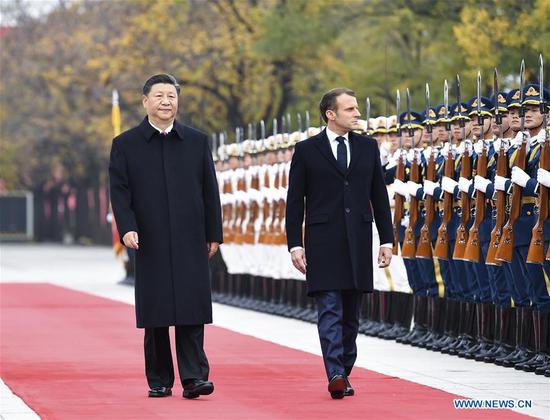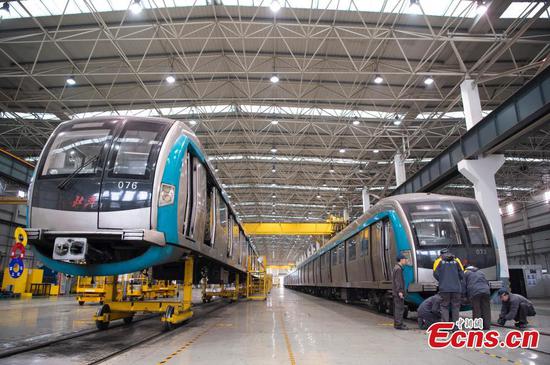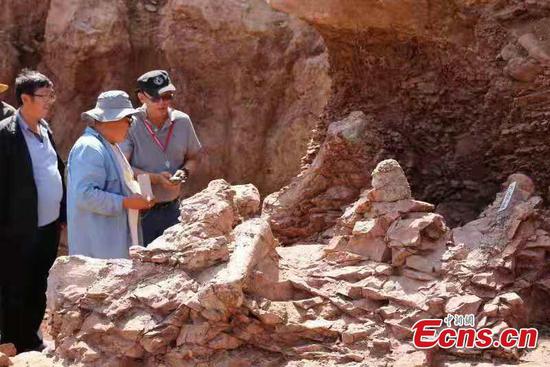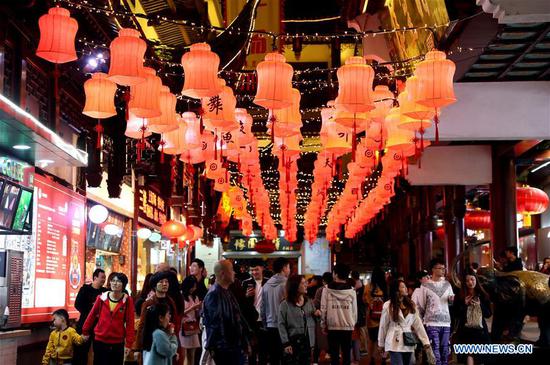
Chinese-Americans visit a Los Angeles night market. Fewer buyers from the Chinese mainland are purchasing property in the United States. [Photo provided to China Daily]
Concerns over the decline in property prices may discourage potential Chinese buyers and lead to them waiting until a trade deal is worked out, he said.
At the same time, a stronger dollar has made US homes more expensive for Chinese buyers. During the 12-month period from March last year, the dollar strengthened against the yuan by 1 percent, according to the NAR report.
"Even if home prices remain unchanged, as the dollar is stronger it takes more yuan to pay for a home," Wei said. "Costs are now higher for Chinese buyers, and that's on top of the trade uncertainties we are seeing."
He said house prices in California have risen in general in the past two years, and homes are not as affordable as previously. "Chinese buyers may be thinking about putting off purchasing now and waiting a couple of years to see if prices will come down," he said.
Carrie Law, CEO and director of Juwai, referred to a combination of anti-Chinese political rhetoric, a clampdown on visa processing, and tariffs. "This is undercutting some of the primary drivers of Chinese demand for US property, including buying homes for students who are studying in the US and the country's reputation as a safe investment destination," she said in a recent CNBC report.
According to Juwai, a good education system has been a major factor motivating Chinese buying property in the US to enable their children to study at universities and colleges.
But as tensions between the two countries have risen, Chinese scholars and students have faced increasing US allegations of espionage, along with intense scrutiny due to concerns about alleged intellectual property theft.
This year, the US canceled visas for a number of prominent Chinese scholars with government links, and the increased scrutiny has delayed visas for Chinese students. Nearly 13,000 fewer US visas were issued overseas for Chinese last year compared with 2016, according to the US State Department.
A company executive in Beijing, who is searching for property in California and requested anonymity, said he is cautious about investing now, as the political climate has become "unfavorable" for Chinese.
"The home is for my daughter after she graduates. But safety is my biggest concern. I've heard that Canada has a favorable immigration policy for overseas students, so we are looking for more options," he said.
Keith Lo, a realtor in Los Angeles with more than 30 years' experience, said: "The visa problems, as reported by the media, have made more and more Chinese feel they are not welcome in the US. This has dampened their interest in the country, as they have many other choices now, such as Australia and New Zealand."
Qin, the Silicon Valley realtor, said 10-year visas, introduced by the US and China in 2014, had boosted sales to a degree, as many of her clients bought properties as vacation homes. At the time, they could travel without difficulty between the two countries.
As the situation has changed, some of her clients who have had trouble entering the US have approached her to place their homes on the market for rent. As more of her clients can no longer live in their properties, Qin has started another line of business-home-rental management.
















